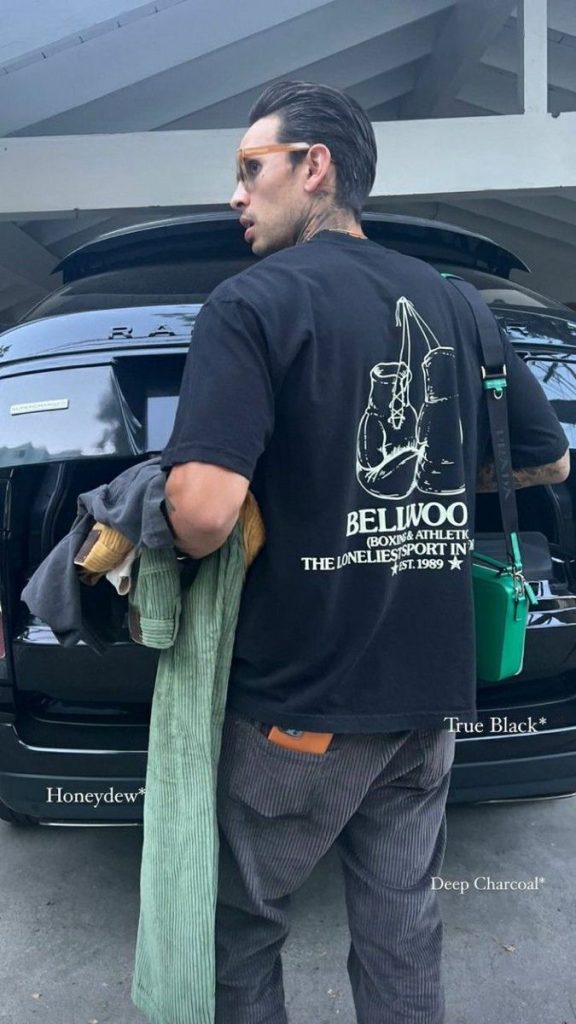The Commercialization of Political T-Shirts
Fashion Brands and Activism
High-fashion brands have embraced political T-shirts, often sparking debates about authenticity and profit motives. While some collaborations support meaningful causes, others face criticism for commodifying activism.
- Case Study: Dior’s “We Should All Be Feminists” T-shirt sparked conversations about feminism and consumerism, raising questions about the intersection of fashion and activism.
Ethical Concerns
The rise of political T-shirts has also highlighted ethical concerns, such as sweatshop labor and environmental impact. As consumers become more conscious, they demand transparency and accountability from brands.
The Future of Political T-Shirts
Digital and Augmented Reality Designs
The integration of technology is set to revolutionize political T-shirts. AR-enabled designs could provide interactive experiences, such as revealing stories or linking to donation platforms.
Sustainable Production
As sustainability becomes a priority, future political T-shirts will likely be made from eco-friendly materials and produced through ethical labor practices, aligning activism with responsible consumption.
Personalization and Crowd-Sourced Campaigns
Advances in customization will allow individuals to create their own political T-shirts, empowering grassroots movements and fostering a deeper connection to causes.
Expanding the Narrative: Global Perspectives
Political T-Shirts Across Cultures
While much focus has been on Western movements, T-shirts have been equally impactful in other parts of the world. In countries like South Africa, T-shirts were used during the anti-apartheid movement to convey powerful messages of resistance.
The Role of Language and Symbolism
Political T-shirts often feature messages in local languages or incorporate cultural symbols, making them deeply resonant with specific communities. These designs can inspire solidarity while maintaining cultural uniqueness.
Case Studies: Iconic Political T-Shirts
“Choose Life”
Designed by Katharine Hamnett, the “Choose Life” T-shirt became a pop-culture sensation in the 1980s. While often associated with Wham!’s music video, its original intent was to promote anti-drug and anti-war messages.
“I’m With Her”
This slogan became popular during the 2016 U.S. presidential campaign, symbolizing support for Hillary Clinton. It showcased how political campaigns have effectively utilized T-shirts as branding tools.
Conclusion: T-Shirts as Agents of Change
From civil rights marches to global movements, T-shirts have proven to be more than just garments—they are powerful tools for communication and change. As society continues to evolve, the role of T-shirts in political activism will only grow, adapting to new technologies, cultural shifts, and the ever-present need for voices to be heard. Whether worn in protests, on stage, or in everyday life, political T-shirts remain a testament to the enduring power of simple, wearable statements.


